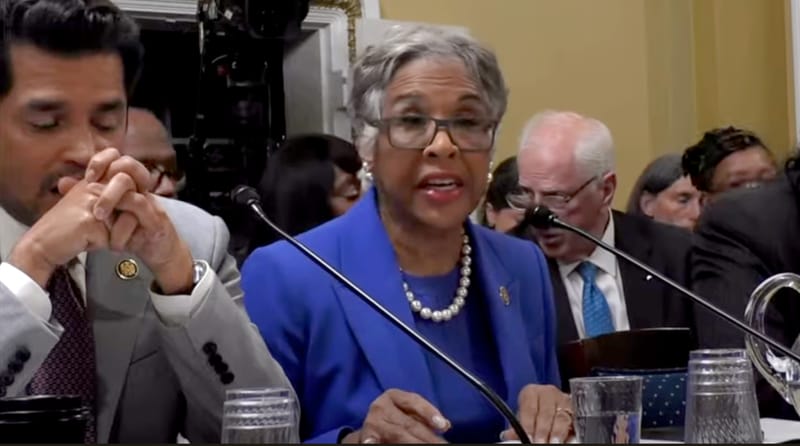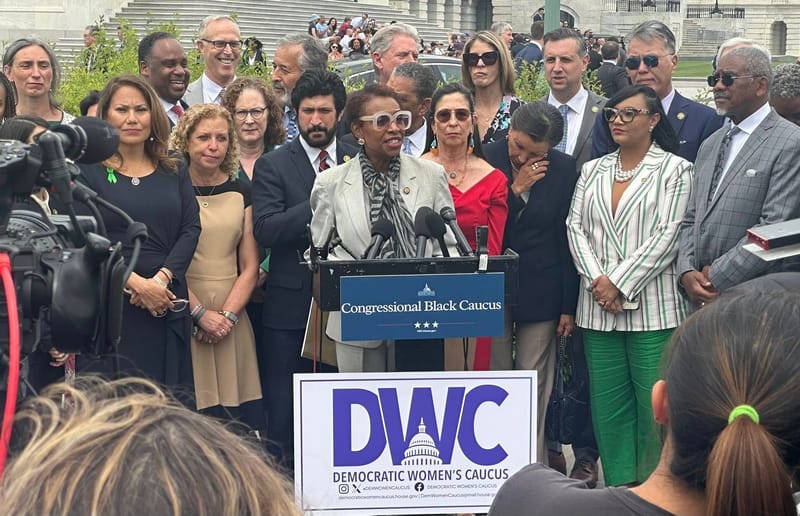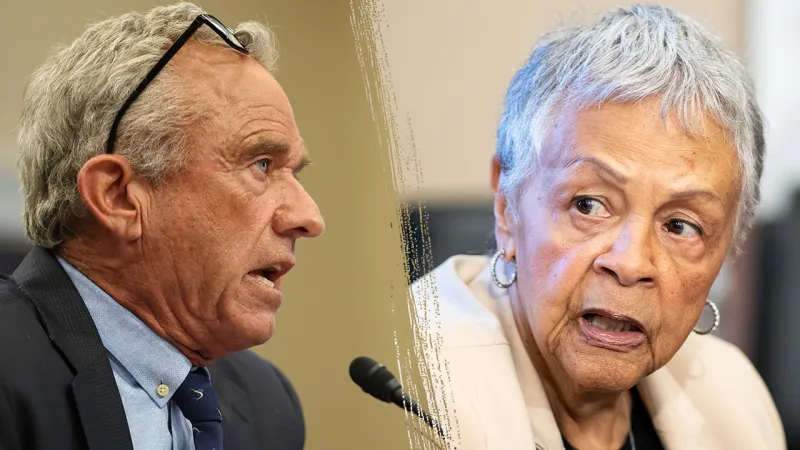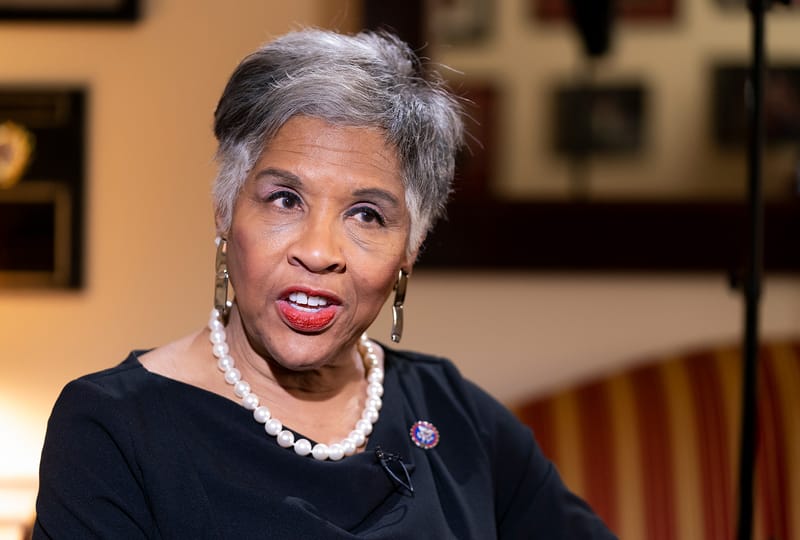Trump's Transition Team Turns to Project 2025: Implications for African Americans
The initiative’s policy blueprint and the individuals linked to its development have a track record of promoting positions that could disproportionately affect Black communities nationwide.
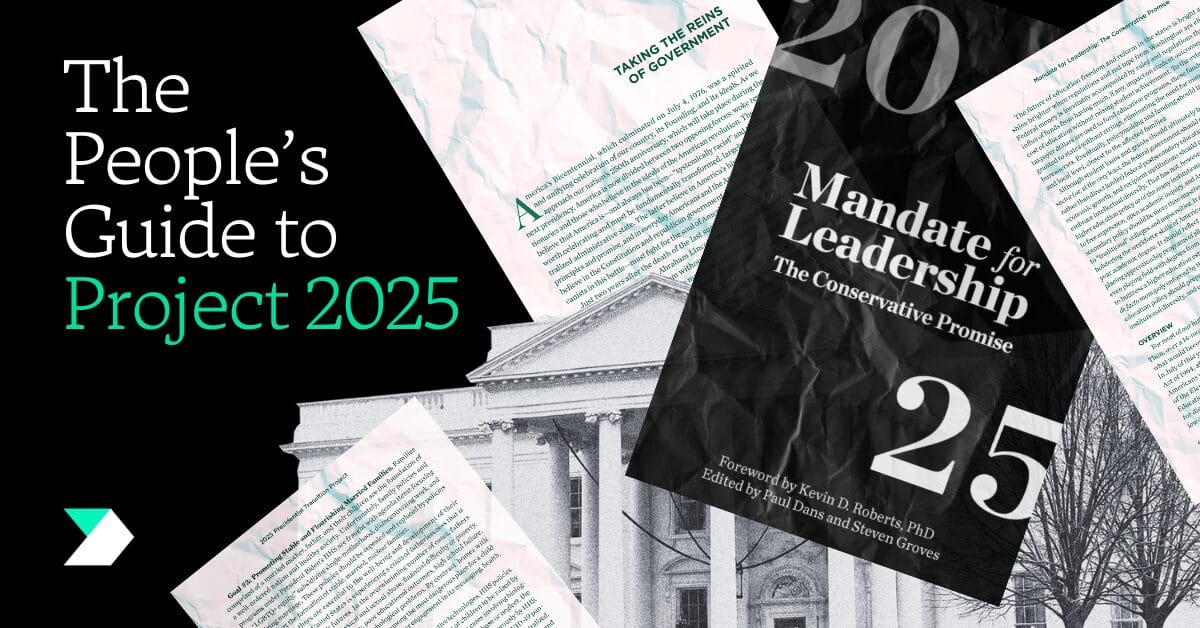
WASHINGTON — President-elect Donald Trump’s reliance on Project 2025, a conservative policy and personnel initiative, to staff his incoming administration raises significant concerns about its potential impact on African Americans. The initiative’s policy blueprint and the individuals linked to its development have a track record of promoting positions that could disproportionately affect Black communities nationwide.
Potential Challenges for Civil Rights and Equity
Project 2025’s policy agenda includes calls for mass deportations, deep cuts to federal bureaucracy, and stringent anti-abortion measures. While these proposals have broad implications, many intersect with issues critical to African American communities. For instance, federal programs targeted for reduction or elimination often fund housing, education, and healthcare initiatives that benefit historically marginalized populations.
One area of concern is the initiative’s approach to civil rights enforcement. In previous administrations, officials tied to similar conservative agendas have sought to limit the scope of the Civil Rights Act and reduce the enforcement capacity of agencies like the Department of Justice’s Civil Rights Division. This could affect protections against housing discrimination, voter suppression, and employment inequities—issues that disproportionately impact African Americans.
Health and Social Services
The rejection of Roger Severino, the author of Project 2025’s health policy chapter, for a key administration role, suggests internal conflict over how far the administration is willing to go on controversial policies. Severino’s chapter called for significant changes to healthcare access, particularly around reproductive rights. For African American women, who already face higher maternal mortality rates and limited access to quality healthcare, such policies could exacerbate existing disparities.
Additionally, proposed cuts to federal programs like Medicaid could disproportionately harm Black families, many of whom rely on these services for basic healthcare.
Economic Equity at Risk
The shift to Project 2025 also signals a focus on deregulation, which could undermine protections for Black workers and entrepreneurs. Efforts to weaken labor protections or reduce funding for minority-owned business initiatives could widen economic gaps.
Furthermore, policies aimed at reducing federal oversight in areas like housing and education could dismantle key programs designed to address systemic inequities. Initiatives supporting affordable housing in urban areas—where many African Americans reside—could face significant rollbacks.
Education and Youth Development
Project 2025’s blueprint for the Department of Education emphasizes school choice and the expansion of charter schools. While proponents argue these measures create opportunities, critics note they often divert funding from public schools, which serve the majority of African American students. This could lead to increased disparities in educational resources and outcomes.
Advocates Call for Vigilance
Civil rights organizations and Black community leaders are closely monitoring the transition. The focus now shifts to ensuring that key federal agency appointees uphold equity and justice commitments. Grassroots advocacy will likely play a critical role in countering policies seen as regressive or harmful to African American communities.
“The decisions being made today will shape the trajectory of opportunities and rights for Black Americans for years to come,” said a spokesperson for a leading civil rights organization. “We must remain engaged and hold leadership accountable to protect hard-won progress.”
As the Trump administration begins to take shape, its reliance on Project 2025 highlights the potential for significant shifts in federal policy. For African Americans, this moment underscores the need for vigilance and advocacy to safeguard against policies that may threaten equity and inclusion.



